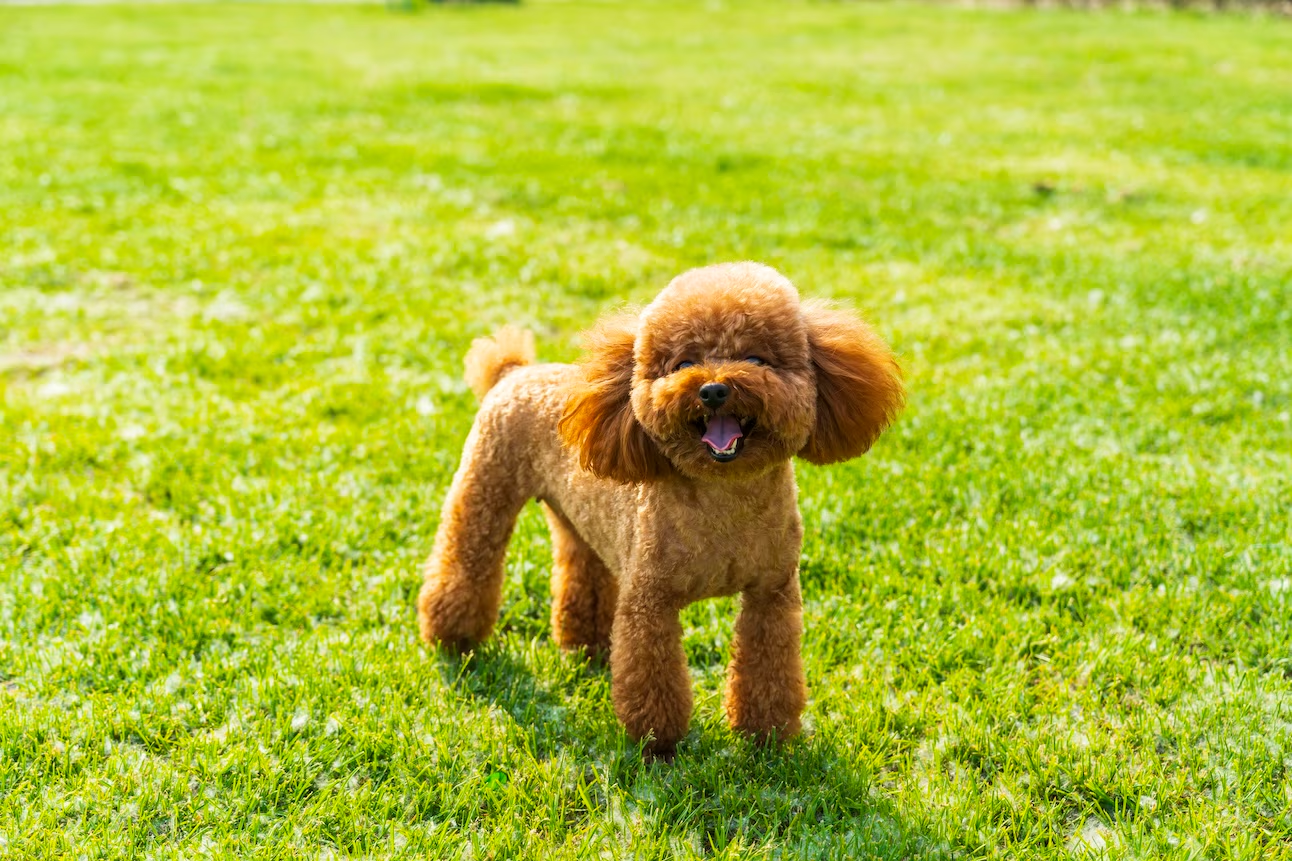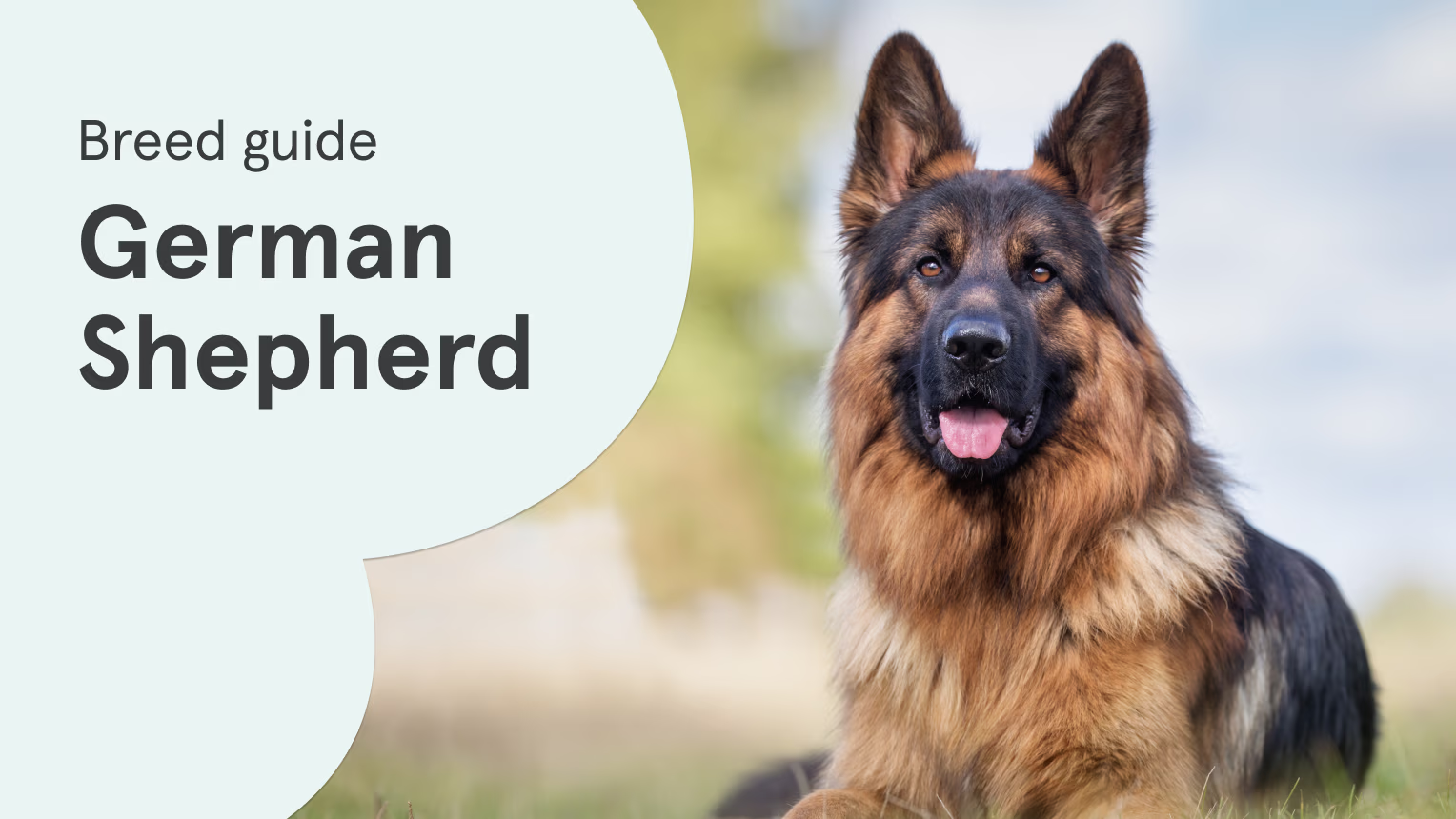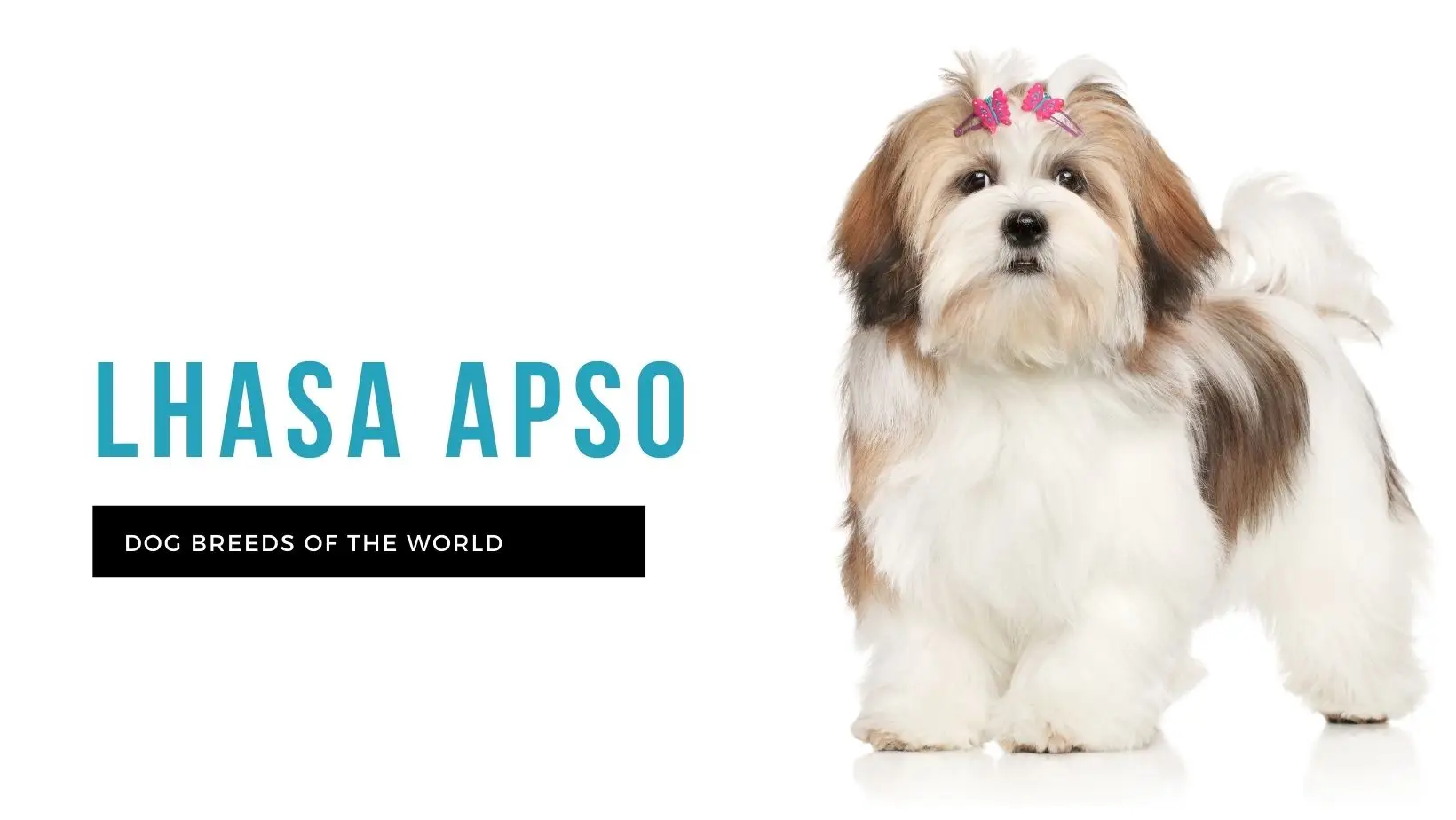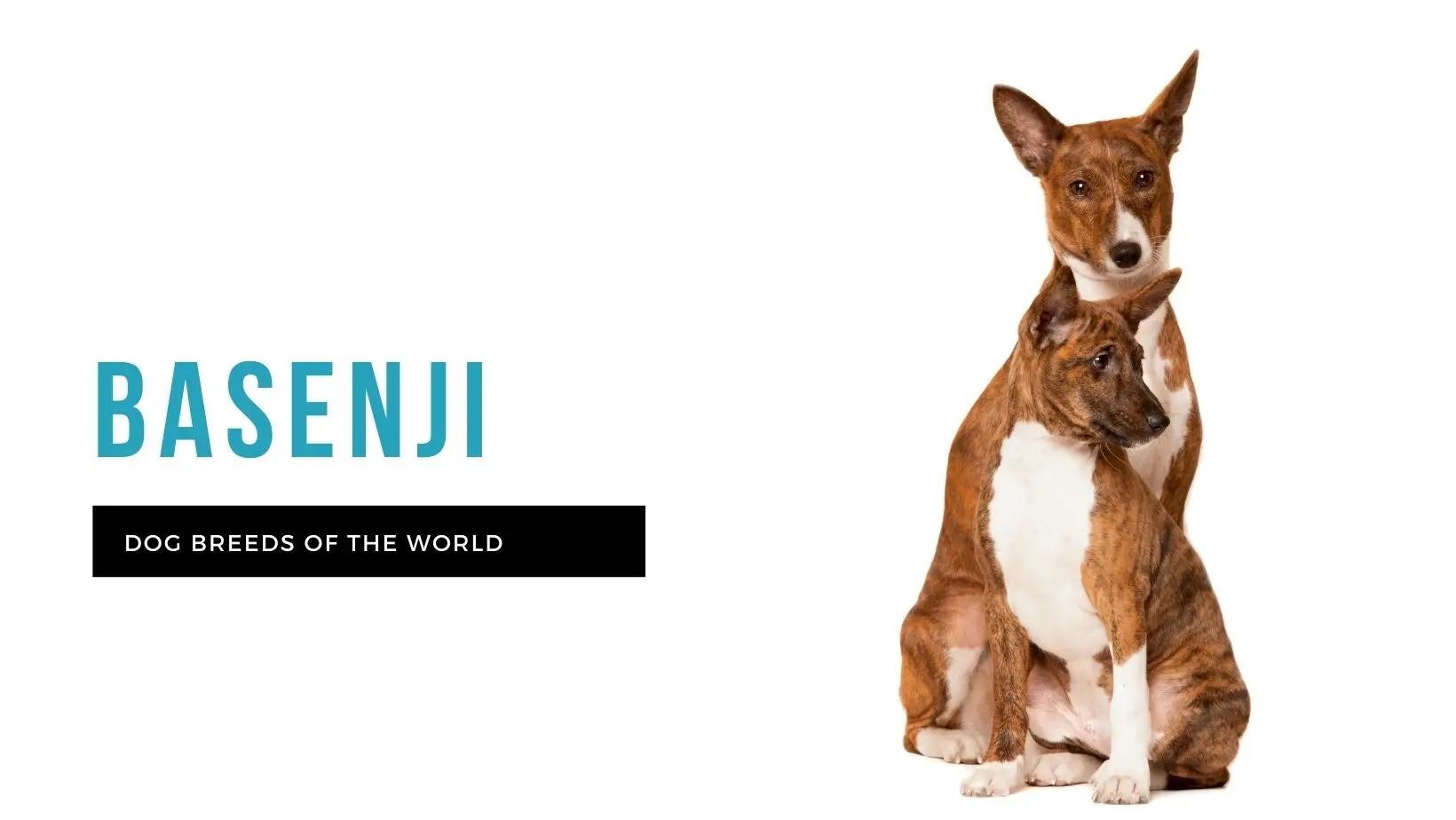🐩 Ultimate Guide to Poodles: Complete Details, How to Care, Train, Choose, Pros and Cons, Types, and Price
Poodles are among the world’s most intelligent and elegant dog breeds, known for their curly coats, lively personalities, and impressive versatility. Whether you seek a loyal companion, a show dog, or an athletic partner, the Poodle can fit into almost any lifestyle.
In this guide, we’ll dive deep into everything you need to know about Poodles — from types, training, care tips, how to choose the right one, their pros and cons, and the expected costs.
📋 Basic Information About Poodles
- Breed Name: Poodle
- Origin: Germany and France
- Breed Group: Non-Sporting (Standard, Miniature) / Toy Group (Toy Poodle)
- Height:
- Standard: Over 15 inches
- Miniature: 10–15 inches
- Toy: Under 10 inches
- Weight:
- Standard: 20–32 kg
- Miniature: 7–8 kg
- Toy: 2–3 kg
- Life Expectancy: 12–15 years
- Coat: Curly, dense, low-shedding
- Common Colors: White, black, apricot, red, silver, blue, cream, brown, and café-au-lait
- Temperament: Intelligent, energetic, alert, loyal
🐶 History and Origin of Poodles
Though often associated with France, the Poodle actually originated in Germany, where it was known as the “Pudel,” meaning “to splash in water.” Poodles were bred as water retrievers, specifically for hunting waterfowl. Their famous haircut (the “Poodle clip”) originally served a practical purpose — to protect vital areas from cold water while reducing drag during swimming.
Poodles later became favored by French nobility and evolved into the elegant, well-groomed companion dogs we know today.
🐩 Types of Poodles
There are three main types of Poodles:
1. Standard Poodle
- Size: Largest variety.
- Best for: Active families, obedience sports, and show rings.
- Traits: Athletic, intelligent, and elegant.
2. Miniature Poodle
- Size: Medium-sized, compact.
- Best for: Families or individuals who want a smaller active dog.
- Traits: Highly trainable, alert, slightly more “spunky.”
3. Toy Poodle
- Size: Smallest.
- Best for: Apartment living, companionship.
- Traits: Affectionate, bright, slightly more delicate.
Each type shares similar intelligence and temperament but differs mainly in size.
🏡 How to Care for a Poodle
1. Exercise Needs
Poodles are high-energy dogs and require regular exercise:
- Daily Walks: At least 30–60 minutes.
- Mental Stimulation: Puzzle toys, games, trick training.
- Water Activities: Swimming is naturally loved by Poodles.
Tip: Without enough exercise, Poodles may develop behavioral issues like barking, chewing, or restlessness.
2. Grooming Needs
The Poodle’s coat requires significant upkeep:
- Brushing: Every 1–2 days to prevent matting.
- Professional Grooming: Every 4–6 weeks for clipping and trimming.
- Bathing: Every 3–4 weeks, depending on activity level.
- Ear Cleaning: Regular to prevent infections (especially for Toy and Miniature Poodles).
- Teeth Brushing: 2–3 times weekly.
Note: Poodles are low-shedding but high-maintenance when it comes to grooming.
3. Nutrition
- High-Quality Diet: Choose food that supports joint health and energy needs.
- Portion Control: Poodles are prone to obesity if overfed.
- Supplements: Omega-3 for coat health; glucosamine for joints (especially in older Standard Poodles).
4. Health Checks
Common health issues in Poodles:
- Hip Dysplasia
- Progressive Retinal Atrophy (PRA)
- Addison’s Disease
- Epilepsy
- Bloating (Gastric Dilatation Volvulus) — especially in Standard Poodles
Tip: Annual vet check-ups and genetic testing (for breeders) are critical.
🧠 How to Train a Poodle
Poodles are highly trainable and love to learn.
1. Start Early
- Begin socialization and obedience training early (8–12 weeks old).
- Expose them to different environments, people, and pets.
2. Positive Reinforcement
- Use treats, praise, and toys to motivate.
- Avoid harsh training methods; Poodles are sensitive.
3. Focus on Mental Challenges
- Teach advanced tricks, agility, or scent work.
- Participate in dog sports like obedience trials or agility courses.
4. Potty Training
- Consistency and positive reinforcement work wonders.
- Crate training can speed up the process.
🏠 How to Choose the Right Poodle
When selecting a Poodle:
- Choose Reputable Breeders: Ask about health testing (hips, eyes, thyroid).
- Visit in Person: Observe puppy behavior and health.
- Consider Your Lifestyle:
- Active? Standard or Miniature.
- Limited space? Toy Poodle.
- Temperament Testing: Look for confidence without aggression.
Alternative: Consider adopting from a Poodle rescue group.
✅ Pros and Cons of Having a Poodle
✅ Pros:
- Highly Intelligent: Easy to train and loves mental challenges.
- Low Shedding: Great for allergy sufferers.
- Versatile: Fits various activities, from lounging to competitions.
- Good Temperament: Loyal, friendly, and protective.
- Long Lifespan: 12–15 years with proper care.
❌ Cons:
- High Grooming Needs: Regular brushing and professional grooming required.
- Exercise Demands: Needs consistent mental and physical stimulation.
- Prone to Separation Anxiety: Can develop bad habits if left alone too long.
- Health Issues: Especially genetic disorders if not sourced from a good breeder.
💰 Poodle Price and Ownership Costs
- Purchase Price:
- Standard Poodle: $1,000–$3,000
- Miniature Poodle: $1,200–$2,500
- Toy Poodle: $1,200–$3,000
- Adoption Fee: $300–$700 (Rescue)
- Annual Maintenance Cost: $1,500–$3,000
- Grooming: $500–$1,000/year
- Food: $300–$700/year
- Vet Visits: $300–$800/year
- Supplies & Training: $200–$500/year
Tip: Always budget for emergency veterinary expenses and grooming needs.
🐾 Final Thoughts
Poodles are not just pretty faces — they are among the most brilliant, versatile, and loving dogs. Whether you’re a first-time dog owner or a seasoned pet parent, a Poodle can offer a lifetime of loyalty, fun, and companionship — provided you can meet their mental, physical, and grooming needs.
If you’re ready for a dynamic, affectionate, and trainable companion, a Poodle might just be your perfect match!




